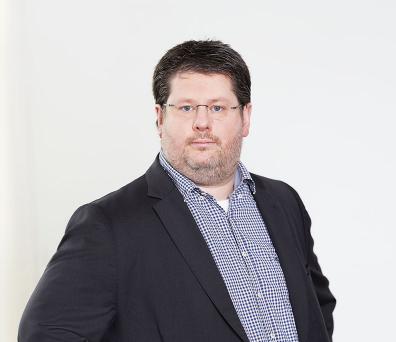
Title
BGH fragt den EuGH nach Cheats
The fact that cheat software that modifies the software of a game, e.g. by changing files, generally constitutes unauthorized modification under Section 69c No. 2 of the German Copyright Act (UrhG) was previously mostly undisputed. The present case is special in that the cheat software does not change the game and its software itself, but merely manipulates values in the console's RAM, thereby e.g. allowing the player to fire a turbo in a racing game for an unlimited period of time.
Sony argued in the proceedings that such manipulation during the execution of the software also constituted an unauthorized modification of the software, also because it should make no difference whether the actual software files or the RAM is manipulated during the execution of the software. The Regional Court (Landgericht) also followed this argument and decided on behalf of Sony.
The software provider, on the other hand, argued that modifying the software would require a change to the software files itself and that influencing the RAM would not rework any of the plaintiff's protected works because the code would remain unchanged. This argumentation was again followed by the Higher Regional Court.
The BGH, which has now been called upon, has referred the matter to the ECJ. Since the provisions in question in §§ 69aff UrhG are all based on the EU's Computer Programs Directive (2009/24/EC), it is up to the ECJ to interpret them. This makes much sense and is important in the interest of uniform interpretation within the EU. The ECJ will therefore now have to decide whether this form of cheating can not only be unfair, but also a copyright infringement.